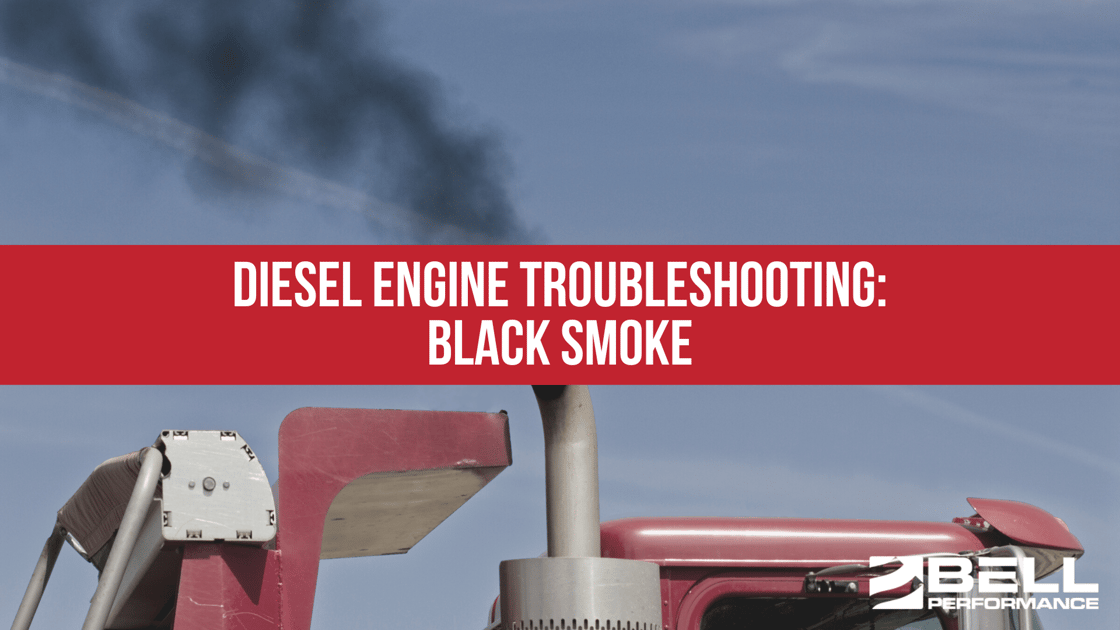Diesel Fuel Filtration Considerations
Today's advanced common rail diesel engines rely on their diesel fuel filtration system to make sure they can do their job to their peak performance....

With the modern advances in diesel engine technology, there should be no reason to ever see smoke coming from a diesel engine. You might see a small puff of smoke under acceleration (because of turbocharger lag) in older engines. But the days of diesel big rigs being characterized by belching black smoke clouds are gone and won’t be coming back.
That means if you do see smoke, it’s a sign that something is wrong. It could be a simple maintenance issue that’s pulling the engine's fuel combustion away from an optimal state. Or it could be a big flashing warning sign preceding a catastrophic death for your diesel engine. If something’s wrong, as a diesel owner you want to do something about it before it costs you more than it needs to.
Seeing black diesel smoke means something is causing incomplete combustion of the diesel fuel. The smoke is made up of soot particles – partially burned carbon particles. If the fuel was fully burning like it was supposed to, all you'd be getting would be carbon dioxide and water, stuff you wouldn't see coming out of the stack.
Part of the engine working properly means it’s supplying the correct ratio of fuel to air needed to get the job done. If something is wrong with the engine, this ratio could be off. Black smoke means too much fuel or not enough air to make this ideal combustion reaction.
If you’re trying to troubleshoot this problem, unfortunately, there are lots of things that could be causing it.
All of those things listed are mechanical possibilities having to do with the engine. but we haven't yet mentioned the possibility of poor quality or bad fuel being a causative factor.
There may be nothing mechanically off with your engine, but the fuel doesn’t have the quality necessary to burn properly in the engine without causing smoke. Of all the things we've mentioned, this is the one you want to be happening. Fuel problems are easily fixed, most of the time. Poor cetane rating is a common cause of black smoke, and can easily be fixed by adding a cetane improver. If it is the problem, adding a cetane improver will give you almost immediate positive results.
Black diesel smoke is such a broad problem that it’s impossible to troubleshoot with 100% what could be causing the problem, without getting into the engine. That’s where having a good relationship with a reliable mechanic can help.
Today's advanced common rail diesel engines rely on their diesel fuel filtration system to make sure they can do their job to their peak performance....
Government action almost always takes longer than they say it will, and the shift to ultra-low sulfur diesel (ULSD) is a great example of this. They...
The finished engine oils you buy aren't just petroleum oil pulled out of the ground and slapped into a bottle. They are an engineered combination of...